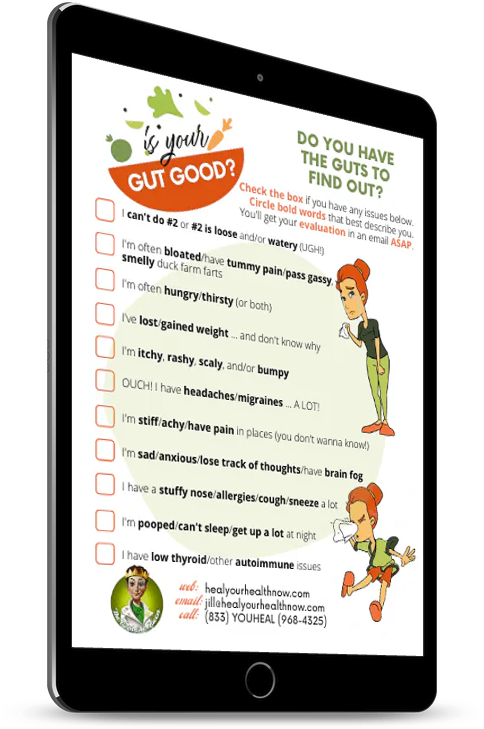Fast Food Taxes Seem to be Working in Other Countries … Why Not Here?
“We may spend 5 to 7 percent of our food budget on sugary beverages,” said University of North Carolina nutrition policy researcher Barry Popkin … “but we spend another 15 to 20 percent on junk food. If you take a country like the US, 75 percent of adolescents get more than half their calories from junk food (my emphasis).”
For example, there are humongously long lines outside every In-N-Out burger place in LA … I could barely get down my street the other day as cars clogged the entrance to my local one. They even have two lines and someone standing between them taking orders even before you get to the window. I had one of their burgers a few years ago and my comment was … “So?” … to tell you the honest truth, I wasn’t impressed. And … hey … I love hamburgers as much as the next guy. I’m no fool!
I was a sixth-grade teacher 25 years ago. And kids weren’t as obese then as they are today. Statistics say that approximately 12.7 million, or 17 percent, of children and adolescents are obese. And the number is growing. It’s no wonder because statistics also say that, according to stateofobesity.org …
- 91 percent of American children have poor diets and less than half get the recommended 60 minutes of daily physical activity.
- Almost two-thirds of American youth consume a sugary beverage on any given day.
- A quarter of American high school students (24.7 percent) watch three or more hours of television on an average school day.
- Schools have reduced recess time in favor of academic instruction, particularly among older children,
An article on vox.com states that …
Now researchers from New York University and Tufts writing in the American Journal of Public Health are making the case for shifting food prices in ways that steer consumers toward healthier diet choices.
More specifically, they argue, a junk food tax — on “non-essential” foods like candy, soda, and potato chips — should be the next frontier in public health.
According to their review of the scientific literature on junk food tax bills and laws, a federal tax on unhealthy foods would be both legally and administratively feasible in the US. Instead of a sales tax that would show up at the point of purchase, the researchers argue for an excise tax on junk food manufacturers. That should increase the shelf price of junk foods and beverages, and deter consumers from bringing unhealthy food choices to the checkout counter in the first place.
Even if a federal junk food tax is legally feasible, however, that doesn’t mean it’s likely to happen here. In our current political landscape, it’s hard to imagine the researchers’ proposal going anywhere soon. (The Trump White House doesn’t even think obesity is an important issue, and the administration has been moving to deregulate industry.)
But there are several other countries, including Mexico and Germany, that have gone way beyond the soda tax imposed on some U.S. municipalities and cities, and taxed all “non-essential” foods, especially those that are high in salt and sugar. The results have been overwhelmingly positive.
In a recent evaluation of the Mexico junk food tax, people bought 7 percent less junk food than they would have if the tax hadn’t been imposed. That effect was even stronger than the 5 percent dent the tax made in the first year it was imposed. …
[In Hungary] junk food consumption decreased both because of the price increase and also the educational campaigns around the tax — an effect also seen with soda taxes. ‘Consumers of unhealthy food products responded to the tax by choosing a cheaper, often healthier product (7 to 16 percent of those surveyed), consumed less of the unhealthy product (5 to 16 percent), changed to another brand of the product (5 to 11 percent) or substituted some other food (often a healthier alternative).’ …
[The Hungary tax also had] an impact on junk food manufacturers … causing about 40 percent of them to tweak recipes in ways that make them healthier … Revenue from excise taxes can also be earmarked for places in the budget — like health. In its first four years in operation, the WHO reported, Hungary’s tax brought in 61.3 billion forints (or $219 million US) for public health spending.
We’re not out of the woods yet, because even though more low-income people, the biggest consumers of junk food, consumed less because of these taxes, we don’t know if it will have any long-term impact upon diet-related diseases. Diseases like diabetes, which is rampant among this population.
Also, junk food taxes alone won’t curb the growing tide of obesity. Perhaps we also need to subsidize fruits and vegetables for the poor, encourage people to grow their own food, and run marketing campaigns to make healthy foods more appealing. We also might need warning labels and, definitely, we need to reduce unhealthy food advertising. But, in our current deregulation climate, I’m not sure that that’s going to happen anytime soon.
Anyone up for a grassroots movement?
Leave Your Comments About Should We Tax Fast Food? Below
Would you buy less fast food if it were taxed? What do you think we should do to curb the obesity and diet-related disease epidemic?


Leave a Reply